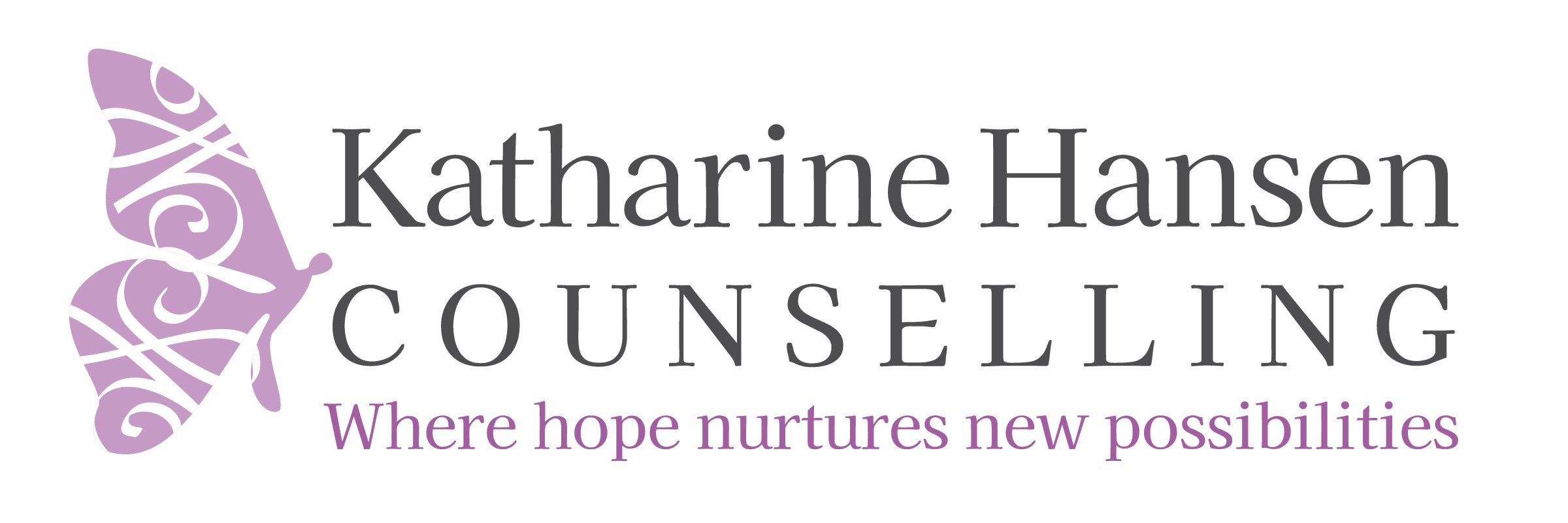Grief is a natural response to loss, but navigating through it can be incredibly challenging. The journey through grief can be overwhelming, impacting emotional well-being and overall mental health. Grief therapy offers a structured path to healing, combining scientific methods with emotional support to facilitate long-term recovery. Today we will explore the dual benefits of grief therapy, emphasizing both scientific and emotional healing aspects.
The Science Behind Grief Therapy
Grief therapy, also known as bereavement counselling, is grounded in well-established psychological principles and research. It aims to help individuals process their grief in a healthy way, preventing complications like prolonged grief disorder. The key scientific benefits of grief therapy are:
Psychological Benefits: Grief therapy helps in addressing the psychological aspects of grief, which can include depression, anxiety, and trauma. Research shows that therapy can significantly reduce symptoms of depression and anxiety in grieving individuals. Cognitive Behavioral Therapy (CBT), for example, is a commonly used approach that helps clients reframe negative thought patterns and develop healthier coping mechanisms.
Physiological Benefits: The mind-body connection is powerful, and grief can take a toll on physical health. Chronic stress from unresolved grief can lead to issues like heart disease, high blood pressure, and weakened immune function. Grief therapy helps to reduce stress levels, which in turn can improve physical health. Techniques such as mindfulness and relaxation exercises taught in therapy sessions can lower cortisol levels, the body’s primary stress hormone.
Prevention of Complicated Grief: Complicated grief is a condition where individuals experience intense, prolonged grief that interferes with daily functioning. Therapy helps prevent this by providing tools and strategies to process grief effectively. Studies indicate that early intervention through grief therapy can significantly reduce the risk of developing complicated grief.
Emotional Healing
While the scientific benefits of grief therapy are substantial, the emotional healing it facilitates is equally important. Grieving individuals often face a whirlwind of emotions, including sadness, anger, guilt, and confusion. Therapy provides a safe space to explore and express these feelings, promoting emotional recovery.
Safe Expression of Emotions: One of the primary benefits of bereavement counselling is the opportunity to express emotions in a safe, non-judgmental environment. Therapists are trained to listen empathetically and validate the client’s feelings, which can be incredibly comforting. This process helps individuals to confront and accept their emotions, rather than suppressing them, which can lead to more significant issues down the line.
Building Emotional Resilience: Grief counselling not only helps individuals cope with current grief but also builds resilience for future challenges. Through therapy, clients learn coping strategies that can be applied to various aspects of life. This resilience is crucial for long-term emotional well-being and can help individuals handle future losses or stressful situations more effectively.
Enhanced Relationships: Grief can sometimes strain relationships with family and friends, as individuals may withdraw or struggle to communicate their needs. Therapy provides tools to improve communication and rebuild these relationships. By understanding and expressing their grief, clients can foster stronger, more supportive connections with their loved ones.
A Sense of Hope and Purpose: Grief therapy often incorporates techniques that help individuals find meaning and purpose after loss. This could involve activities like creating a memorial, engaging in volunteer work, or pursuing new interests. Finding a sense of purpose can be incredibly healing and instills hope for the future. Therapists guide clients in identifying these meaningful activities, which can significantly enhance their emotional recovery.
Long-Term Healing
The benefits of grief therapy extend far beyond the immediate relief of symptoms. By addressing both the scientific and emotional aspects of grief, therapy provides a comprehensive approach to healing. Long-term benefits include sustained mental health, improved physical well-being, and a stronger, more resilient emotional state.
Grief counselling is not about forgetting the loss but learning to live with it in a healthy and constructive way. It equips individuals with the tools needed to navigate the complexities of grief, ultimately leading to a more balanced and fulfilling life.
Grief therapy offers a unique blend of scientific foundation and emotional support, making it an effective approach for long-term healing. The psychological and physiological benefits backed by research, combined with the emotional healing fostered through compassionate therapy, provide a robust foundation for recovery. If you or someone you know is struggling with grief, consider seeking professional support.
At Katharine Hansen Counselling, we are dedicated to helping you find hope and healing.
Contact us today to book an appointment and start your journey towards recovery.

